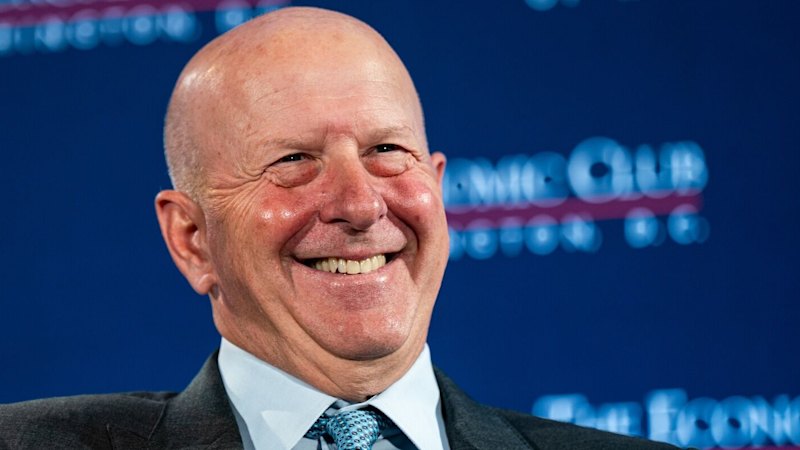
On September 27, 2025, experts and policymakers convened at Tsinghua University in Beijing to address the critical gap between climate commitments and actual progress. The occasion marked the launch of the 2025 Global Carbon Neutrality Annual Progress Report, a comprehensive assessment of the global climate transition, coinciding with the tenth anniversary of the Paris Agreement.
Key Findings from the 2025 Global Carbon Neutrality Report
The forum, themed “Global Progress and China’s Practice,” featured a dialogue initiated by Liu Yang, Deputy Director General of the Department of Climate Change at China’s Ministry of Ecology and Environment. Liu provided insights into China’s latest advancements towards its “dual carbon” goals, alongside its newly announced Nationally Determined Contribution (NDC).
International perspectives were also shared, notably a call to action from Patricia Espinosa Cantellano, former Executive Secretary of the UN Framework Convention on Climate Change (UNFCCC). The highlight of the event was the unveiling of the third annual progress report, led by Professor Wang Can of Tsinghua University.
This report stands out for its extensive scope, tracking climate progress across 198 countries and regions using 217 indicators related to technology, finance, and policy. It adopts an equity lens to assess the fairness of the global transition and commits to ongoing evaluations to enhance global climate governance.
Identifying the Implementation Gap
A notable feature of this year’s report is the involvement of a 13-member international Advisory Committee, co-chaired by He Kebin from Tsinghua and Erik Solheim, former Executive Director of the United Nations Environment Programme (UNEP). This collaboration emphasizes a blend of Chinese leadership with a global perspective.
The report reveals a “profound structural imbalance” in climate action. While ambition and innovation have spurred progress, significant bottlenecks in climate finance and international cooperation have created a critical “implementation gap.” This disparity highlights the difference between declared goals and tangible results.
The rigorous methodology employed in the report has received commendation from international climate leaders. Patricia Espinosa Cantellano remarked, “This is the type of research into climate that reinforces our sense of purpose and our sense of hope.” She further noted the report’s four-part framework—target, policy, action, effectiveness—as pivotal for monitoring climate progress.
The findings presented during the forum will serve as a scientific foundation to strengthen future NDCs and inform discussions at the upcoming COP30 in Brazil. By underscoring the irreversible momentum of the green transition and the urgent need to bridge the implementation gap, the event concluded with a powerful call for renewed international efforts to turn commitments into concrete actions.






